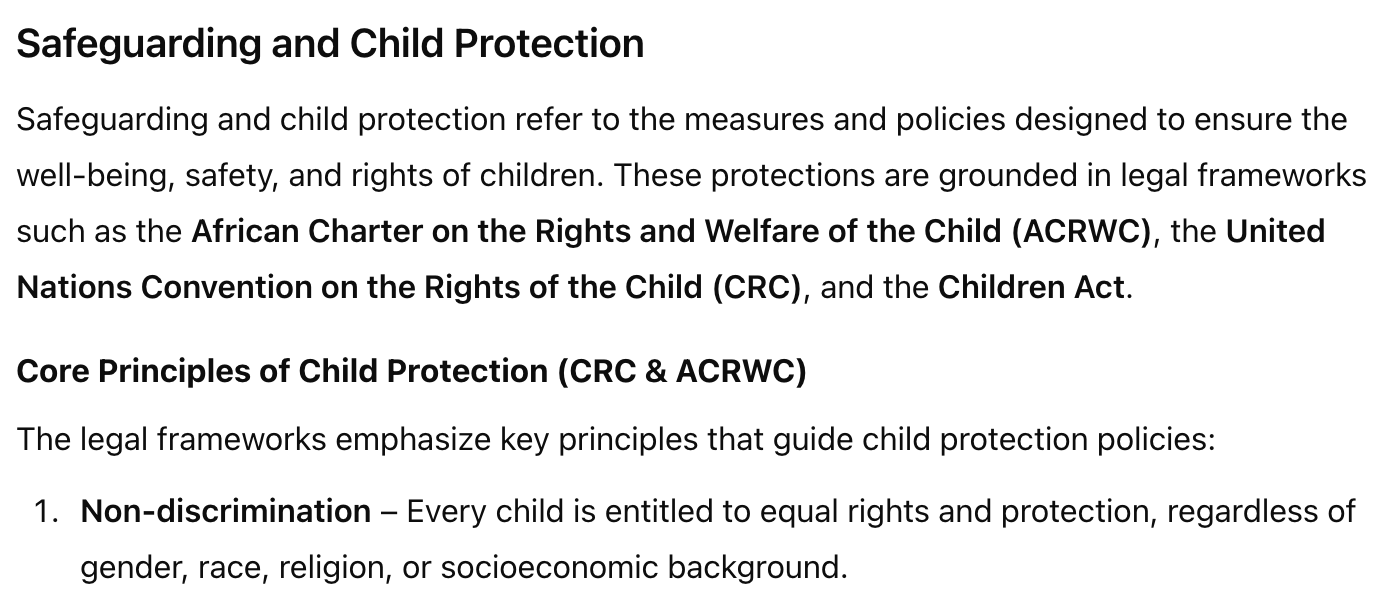Kenya's education system relies heavily on the dedication and hard work of its teachers. Over the years, there have been many discussions about teachers' salaries in Kenya, particularly regarding fairness and adequacy. In this article, we'll explore the current structure of teachers' salaries, the factors that influence them, and the impact on both educators and the education sector.
The salary scale for teachers in Kenya is determined by the Teachers Service Commission (TSC). It varies based on a teacher's grade, experience, and qualifications. TSC has established various job groups for teachers, ranging from B5, which includes newly hired teachers, to D5, which consists of senior and experienced educators.
These salaries may be accompanied by various allowances, such as commuter allowance, responsibility allowance, and housing allowance, which help teachers manage the high cost of living.
Several factors affect the salary of teachers in Kenya:
The Teachers Service Commission (TSC) regularly reviews salaries in negotiations with teacher unions such as the Kenya National Union of Teachers (KNUT) and the Kenya Union of Post Primary Education Teachers (KUPPET). Recently, teachers have witnessed significant salary increases, following the Collective Bargaining Agreement (CBA) between the TSC and these unions. The CBA was introduced to ensure fair compensation and motivate teachers by offering salary increments in phases.
The 2021-2025 CBA is still a point of discussion, with calls from teacher unions to improve basic pay and allowances to match the rising cost of living in Kenya.
The salary structure for teachers plays a crucial role in determining job satisfaction and the overall quality of education in the country. Adequate compensation helps to retain skilled teachers and improve their morale. Conversely, low wages and delayed payments have often been cited as causes of strikes and unrest in the sector.
Recent salary adjustments have shown a positive effect, with fewer strikes reported, and teachers feeling more valued in their profession. However, there is still room for improvement, especially concerning timely payment and addressing disparities in regional allowances.
The salary of teachers in Kenya is a key issue that directly impacts the education sector. While recent changes, including the CBA, have improved the situation for many teachers, there are still ongoing discussions on how to further enhance their compensation. With factors such as qualifications, experience, and location influencing their pay, continuous review and negotiation are vital to ensuring that teachers are adequately compensated for their invaluable contributions to society.





